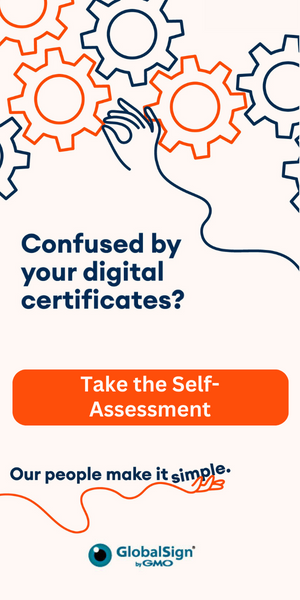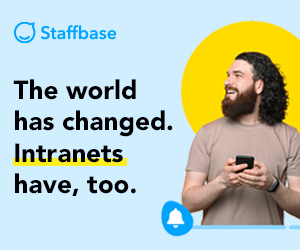Telefónica to deploy Helium hotspots for decentralised 5G network
Telefónica has partnered with Nova Labs to deploy Helium-powered 5G hotspots across Mexico City and Oaxaca. The companies announced the rollout on Wednesday as part of an initiative to expand Telefónica's network coverage in the country through innovative and cost-effective solutions.
The Helium network is powered by the Solana blockchain. Hotspot operators earn tokens on the Solana-based network as incentives for providing connectivity through decentralised nodes.
The...




















Recent Comments